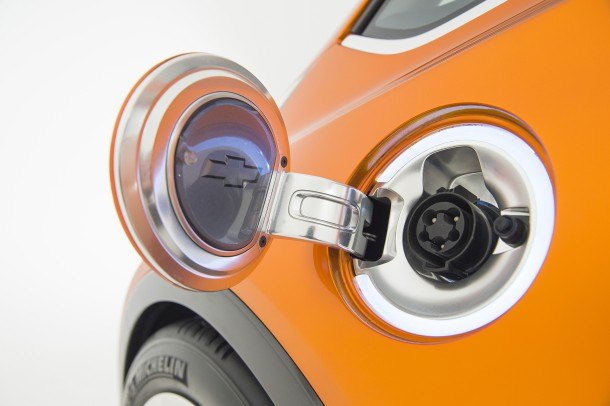3 Views
'Green Cars Only' Laws: Coming to a Debate Near You

by
Steph Willems
(IC: employee)
Published: April 19th, 2016
Share
When you’re in conversation with a self-described urbanist, it’s usually impossible to avoid numerous references to Amsterdam, that progressive utopia of bikes, tulips, marijuana-smoking tourists, and more bikes.Well, expect to hear about it even more, now that Dutch parliament has passed a Dutch Labor Party motion to ban the sale of internal combustion vehicles in that country after 2025, according to Auto Express. The bill, which requires senate approval to become the law of the land, would see existing gas and diesel vehicles grandfathered, and the sale of new ones banned.
#CarBans
#Car-free
#ElectricVehicles
#Environment
#EuropeanUnion
#EVs
#GasolinePrices
#Government
#Netherlands
#Tesla

Steph Willems
More by Steph Willems
Published April 19th, 2016 12:35 PM
Latest Car Reviews
Read moreLatest Product Reviews
Read moreRecent Comments
- Jeff Self driving cars are not ready for prime time.
- Lichtronamo Watch as the non-us based automakers shift more production to Mexico in the future.
- 28-Cars-Later " Electrek recently dug around in Tesla’s online parts catalog and found that the windshield costs a whopping $1,900 to replace.To be fair, that’s around what a Mercedes S-Class or Rivian windshield costs, but the Tesla’s glass is unique because of its shape. It’s also worth noting that most insurance plans have glass replacement options that can make the repair a low- or zero-cost issue. "Now I understand why my insurance is so high despite no claims for years and about 7,500 annual miles between three cars.
- AMcA My theory is that that when the Big 3 gave away the store to the UAW in the last contract, there was a side deal in which the UAW promised to go after the non-organized transplant plants. Even the UAW understands that if the wage differential gets too high it's gonna kill the golden goose.
- MKizzy Why else does range matter? Because in the EV advocate's dream scenario of a post-ICE future, the average multi-car household will find itself with more EVs in their garages and driveways than places to plug them in or the capacity to charge then all at once without significant electrical upgrades. Unless each vehicle has enough range to allow for multiple days without plugging in, fighting over charging access in multi-EV households will be right up there with finances for causes of domestic strife.


































Comments
Join the conversation
Again, this will not be implemented, since Holland is not allowed to do this within the EU. And again, the proposal was to forbid the sales of ICE cars by 2025. That means that you can drive your old gas-guzzling clunker way passed the year of 2025. As a matter of fact, Holland still has a fiscal arrangement in which 40 year old cars are road tax exempt.
This is the sort of thing that is regulated at the EU level, so I would not presume that the Dutch parliament has the legal authority to impose such a law.